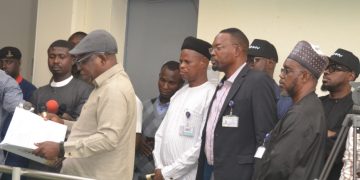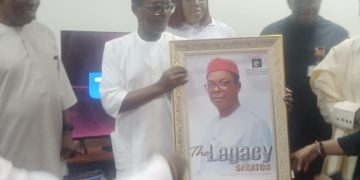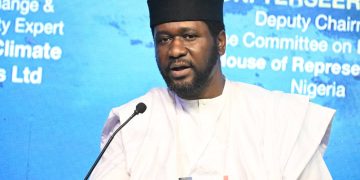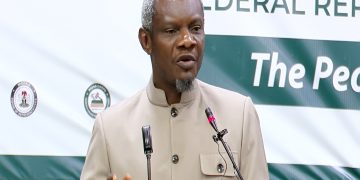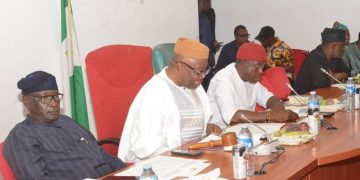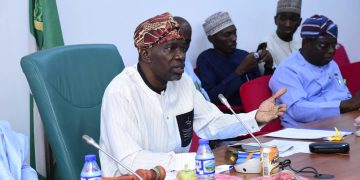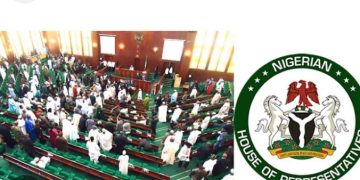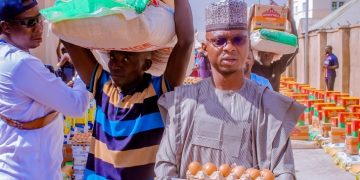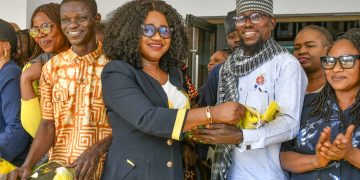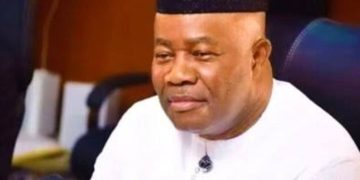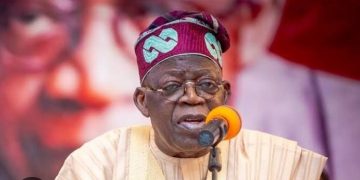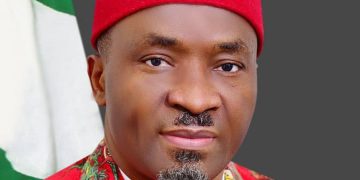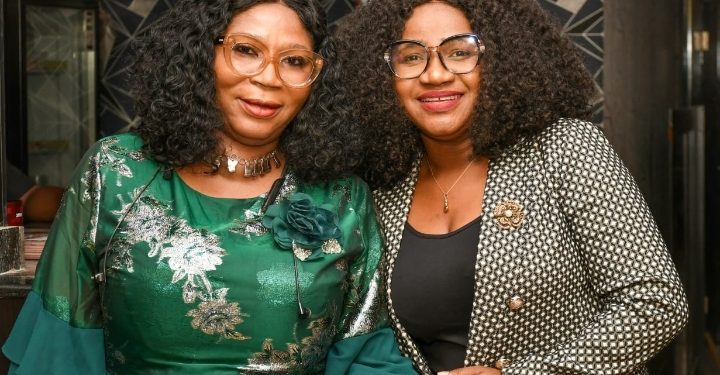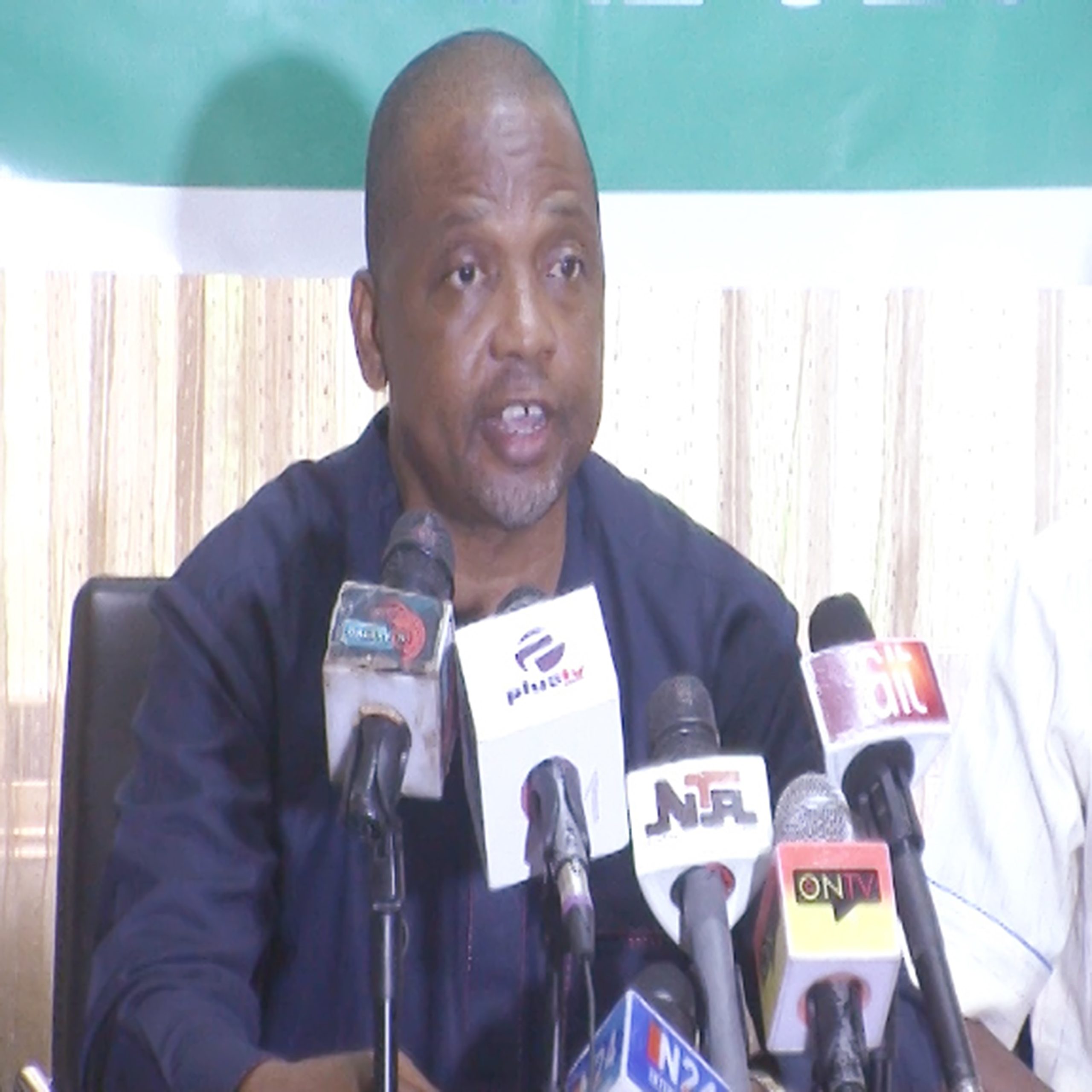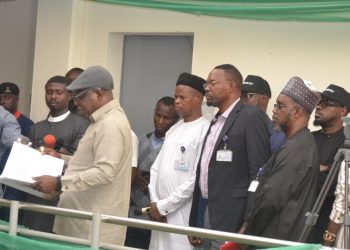By Comfort Olayinka
In a heartfelt reception held in Abuja, stakeholders from the media and union leaderships came together to honor the immediate past President of the Nigerian Union of Journalists (NUJ), Chris Isiguzo. The event celebrated his years of service and laid the groundwork for a significant transformation in Nigeria’s media landscape.
Alhassan Yahya, the current NUJ President, underscored the need for unity among journalists to address pressing issues like inadequate remuneration and lack of protections for media workers. Yahya announced plans for a new media enhancement bill, supported by major stakeholders, including the Nigerian Guild of Editors and the International Press Institute, with the goal of introducing stronger protections for journalists and better working conditions.
“We are all here to support someone who has paid his dues. I sincerely appeal to all of us to work together towards changing the narrative by developing new strategies that will elevate our union, especially concerning the remuneration of Nigerian journalists,” Yahya stated.
“We will incorporate everyone, including sister organizations and NGOs aligned within our thematic areas” he explained. “Together, we will take this initiative to the National Assembly. We have identified some members who are ready to sponsor this bill. With their support, we will change the narrative.”
Isiguzo, reflecting on his tenure, expressed hope that the bill would succeed where past efforts had faltered, emphasizing the importance of collaboration with key media organizations. He also highlighted the urgent need for a legal framework specifically designed to protect journalists, a challenge that remains unresolved in Nigeria.
The event also featured warm tributes from Vice Presidents and leaders within the NUJ, who praised Isiguzo’s leadership and dedication to the union. The presence of prominent figures like Dr. Bimbo Oyetunde and Hajiya Aisha Ibrahim further reinforced the commitment to advancing the welfare of journalists in the country.
“We failed in the past because we thought we could do it alone,” he explained. “But this time, we have key media stakeholders coming together to say, ‘This is our project.’ With the involvement of organizations like the International Press Institute and the Nigerian Guild of Editors, we have a real chance to make it happen.”
Isiguzo further stressed the urgent need for a legal framework to protect journalists in Nigeria. “It’s sad that today, there is no law in Nigeria specifically protecting journalists,” he lamented. “We’ve been pushing for necessary legislation, and I’m confident we’ll have it soon.”
With the support of key organizations and lawmakers, the proposed media enhancement bill is poised to bring about a new era of protection and recognition for Nigerian journalists.


